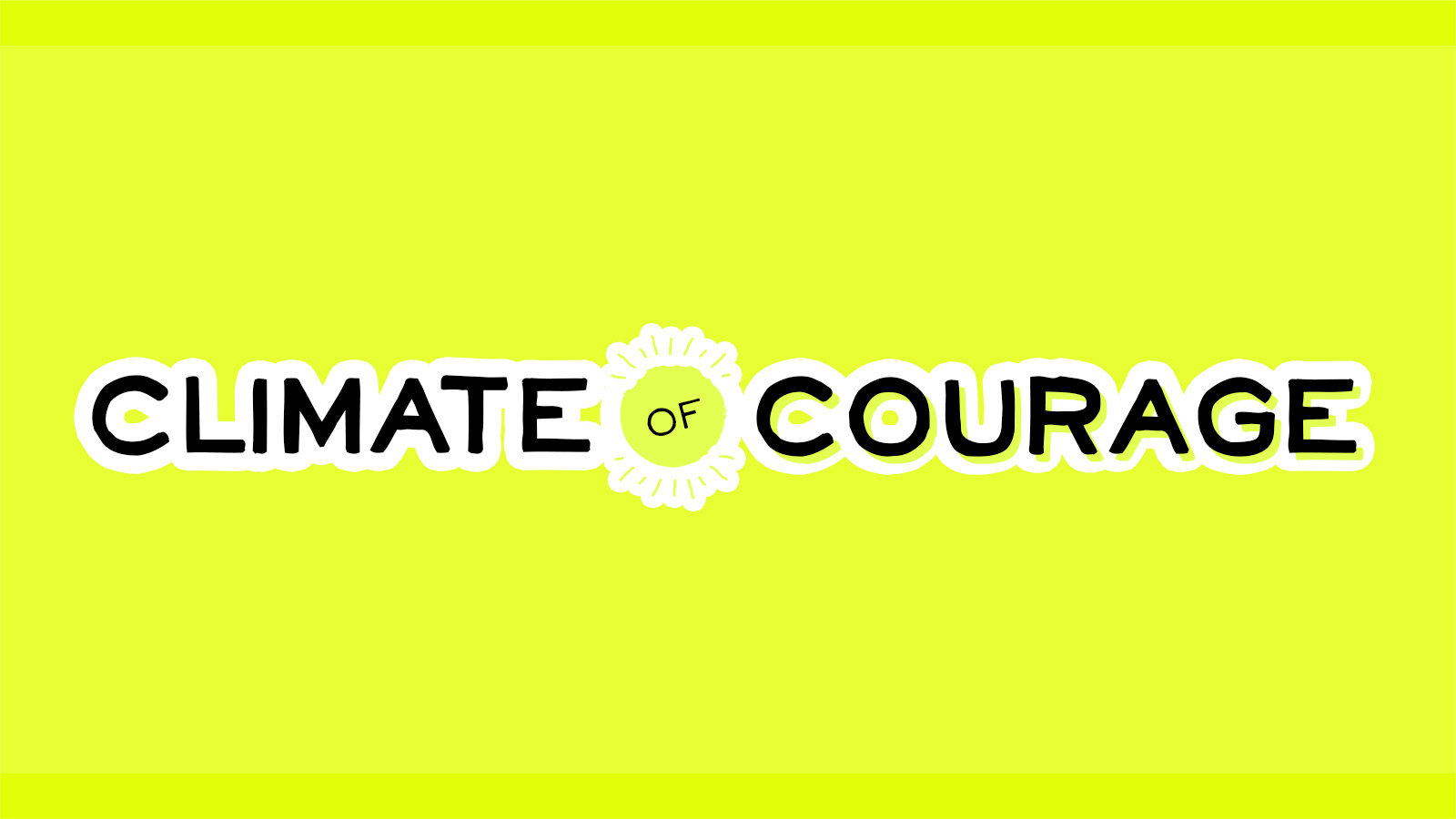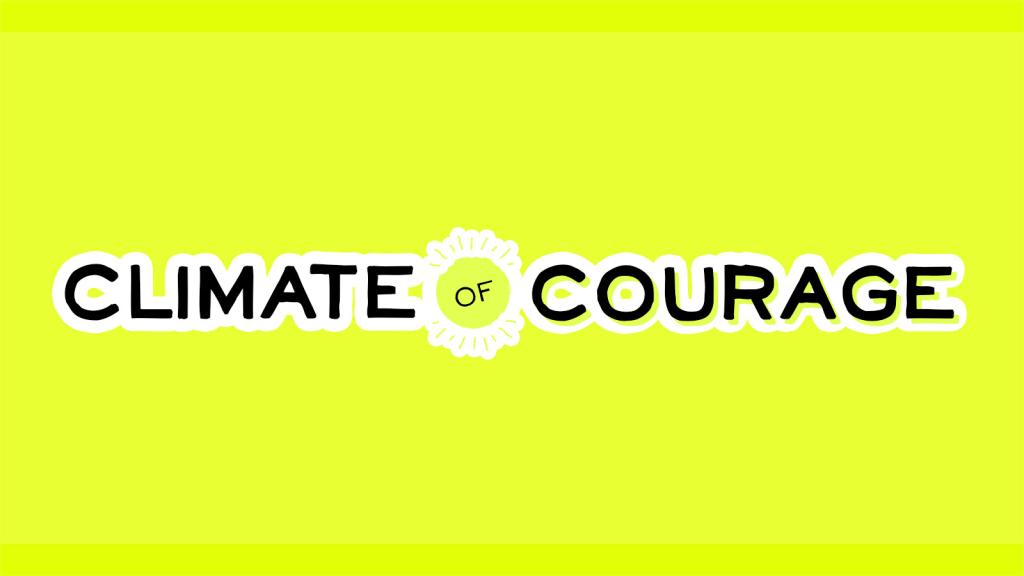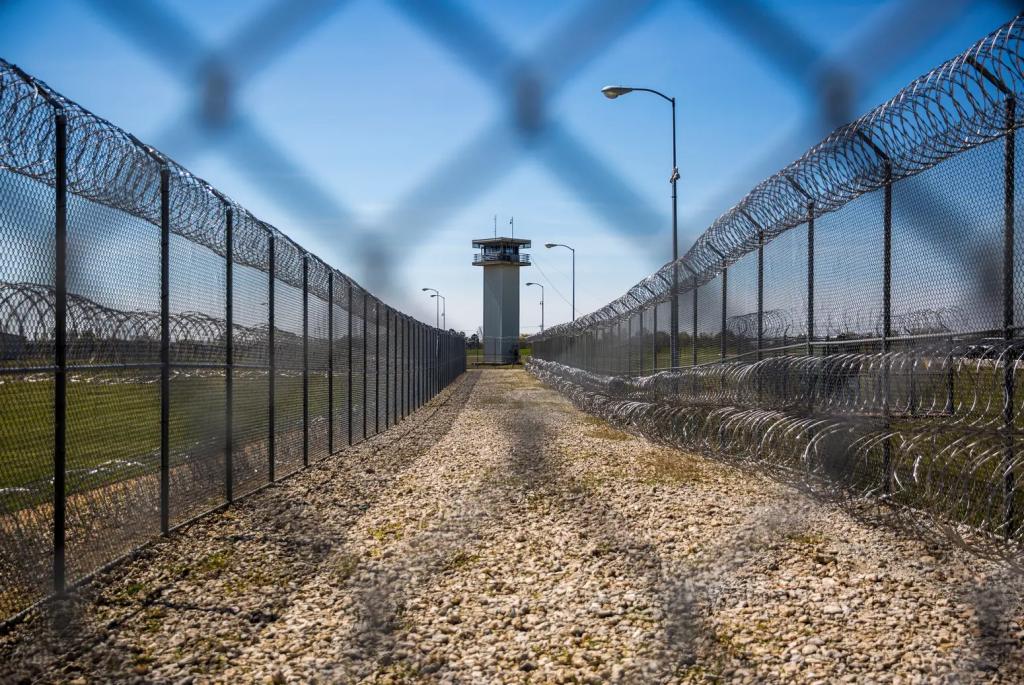As people who happen to be alive during one of the most pivotal moments in all of human history, we have a lot of work to do.
If you’re worried about climate change, you’ll instantly recognize that reality. But digging down just a little bit, it’s shocking how much is assumed by that sentence — especially by the instinct to phrase climate action in the first-person plural.
Recently, I was struck by a column by Genevieve Guenther, who wrote about how we talk about climate responsibility. Guenther, who founded the digital activist group EndClimateSilence.org, says that we live in a democracy that is not doing enough to address climate change. Thus, fighting warming is often really an us-versus-them situation, and it’s our responsibility to say so. The politicians, business titans, and high-consuming individuals who are most responsible for climate change — often white, wealthy men — deserve to be called out specifically and repeatedly. By using the royal “we,” journalists and concerned citizens often let those who call themselves leaders off the hook.
I fall into this trap a lot, especially when I’m talking about the societal-scale change that the IPCC says is absolutely necessary. We need to solve this together, but it’s OK (and vitally important!) to be mad as hell at them.
Case in point: For a few years now, the Climate Solutions Caucus — a coalition of 90 members of the U.S. House of Representatives, 45 Republicans and 45 Democrats — have been holding themselves up as courageous climate advocates working towards bipartisan climate action.
Turns out, as Natasha Geiling reported this week for Grist, that’s not quite the case.
In fact, when given the chance earlier this year, just four of the 45 Republican members of the caucus voted to reject a symbolic anti-carbon tax resolution. Carbon taxes have been gathering Republican support, but even shooting down a non-binding resolution hostile to this notion was too much for these politicians. And after Hurricane Michael hit his home state of Florida earlier this month, the founder of the caucus, Rep. Carlos Curbelo, downplayed the need to connect climate change to extreme weather at all, calling such talk “alarmist.”
Given that, I, for one, am not holding out hope for any climate solutions coming from this particular coalition.
Holding the powers that be accountable for climate change and climate inaction is key to fixing this crisis. But that doesn’t absolve the rest of us from doing that work in our own lives.
Sometimes it takes courage to use accurate language. Demanding meaningful action from our leaders is one of the most powerful things we can do.



